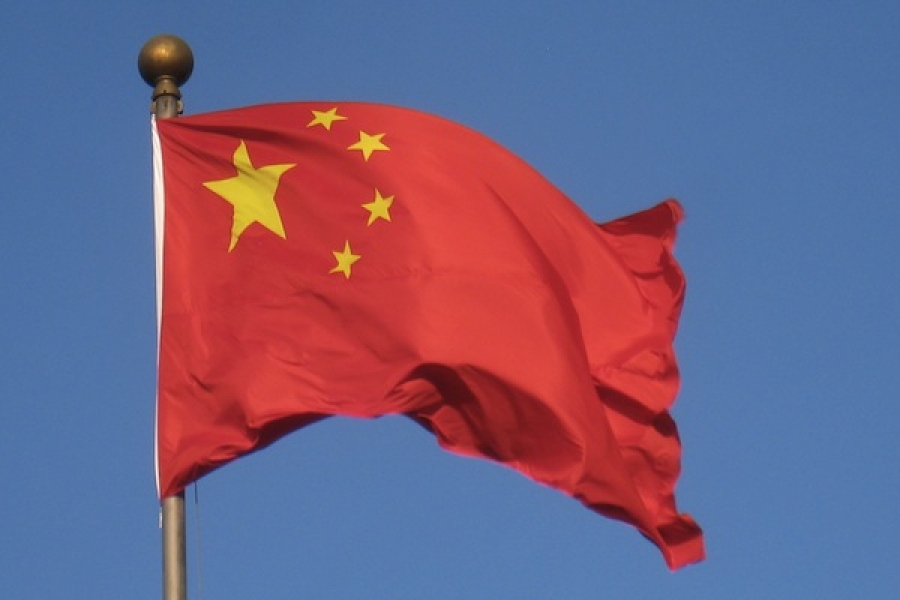China tightens its regulation of some human gene editing, labeling it ‘high-risk’
By Dennis Normile,
Science
| 02. 28. 2019
In the wake of the shocking news that one of its scientists had produced genetically altered babies, the Chinese government this week issued draft regulations that would require national approval for clinical research involving gene editing and other “high-risk biomedical technologies.” Although some Chinese researchers welcome the move to tighten oversight, there are worries that the rules could impose a burden on areas of genetic research that are not so controversial.
“I am happy to see the national regulations regarding new biomedical technologies; I think this makes relevant policy more clear,” says Wei Jia, a medical oncologist who is involved with an ongoing trial using gene editing to modify cancer patient T-cells at the Affiliated Nanjing Drum Tower Hospital of Nanjing University Medical School in China.
The regulations are in response to the late November 2018 claim by He Jiankui, then of Southern University of Science and Technology in Shenzhen, China, that he had altered the DNA embryos in a way that would give the babies and their descendants resistance to HIV. This approach is called germline engineering—it can involve...
Related Articles
By David Jensen, California Stem Cell Report | 02.10.2026
Touchy issues involving accusations that California’s $12 billion gene and stem cell research agency is pushing aside “good science” in favor of new priorities and preferences will be aired again in late March at a public meeting in Sacramento.
The...
By Mike McIntire, The New York Times | 01.24.2026
Genetic researchers were seeking children for an ambitious, federally funded project to track brain development — a study that they told families could yield invaluable discoveries about DNA’s impact on behavior and disease.
They also promised that the children’s sensitive...
By Arthur Lazarus, MedPage Today | 01.23.2026
A growing body of contemporary research and reporting exposes how old ideas can find new life when repurposed within modern systems of medicine, technology, and public policy. Over the last decade, several trends have converged:
- The rise of polygenic scoring...
By Danny Finley, Bill of Health | 01.08.2026
The United States Food and Drug Administration (FDA) has a unique funding structure among federal scientific and health agencies. The industries it regulates fund nearly half of its budget. The agency charges companies a user fee for each application
...




